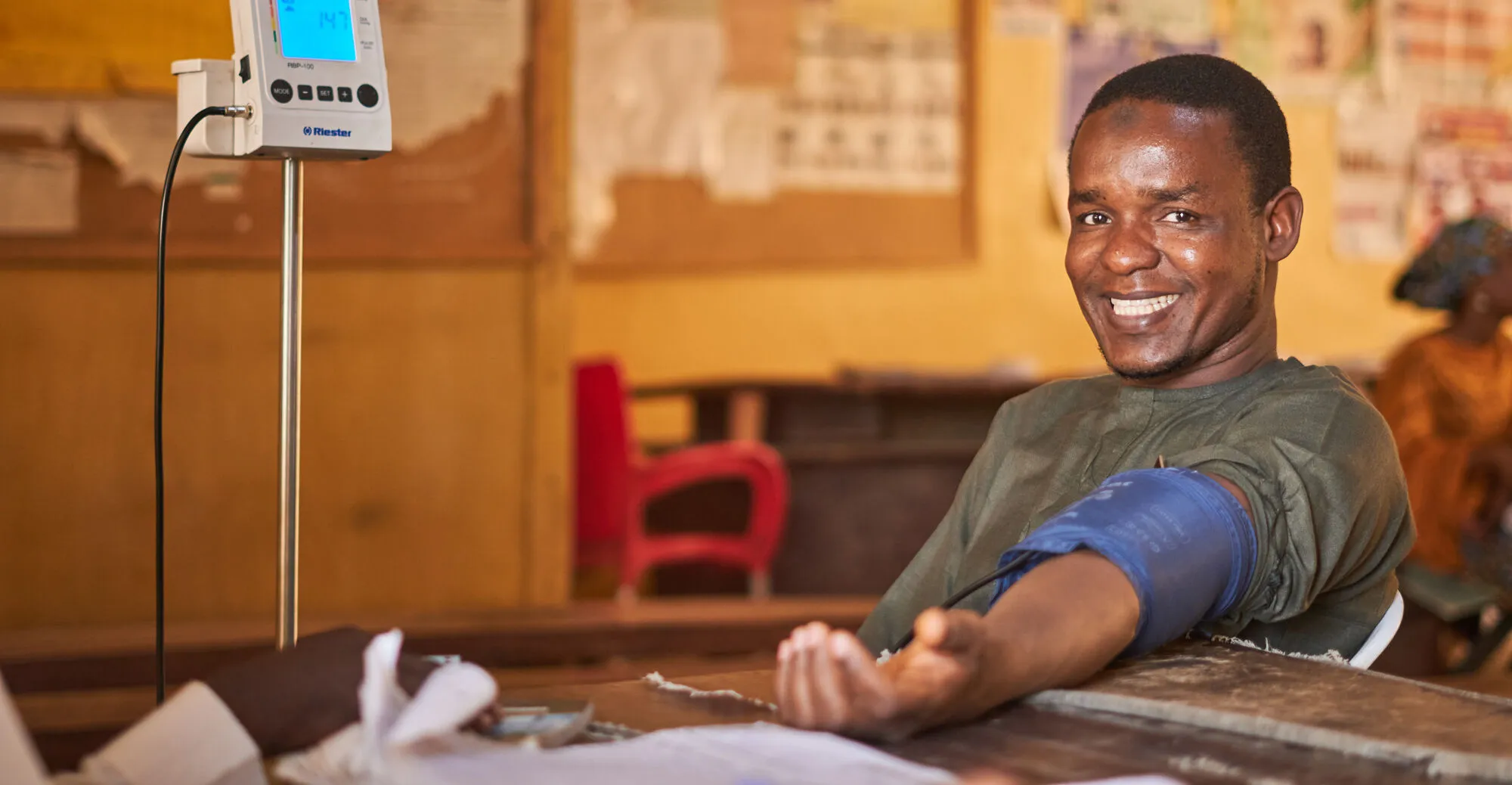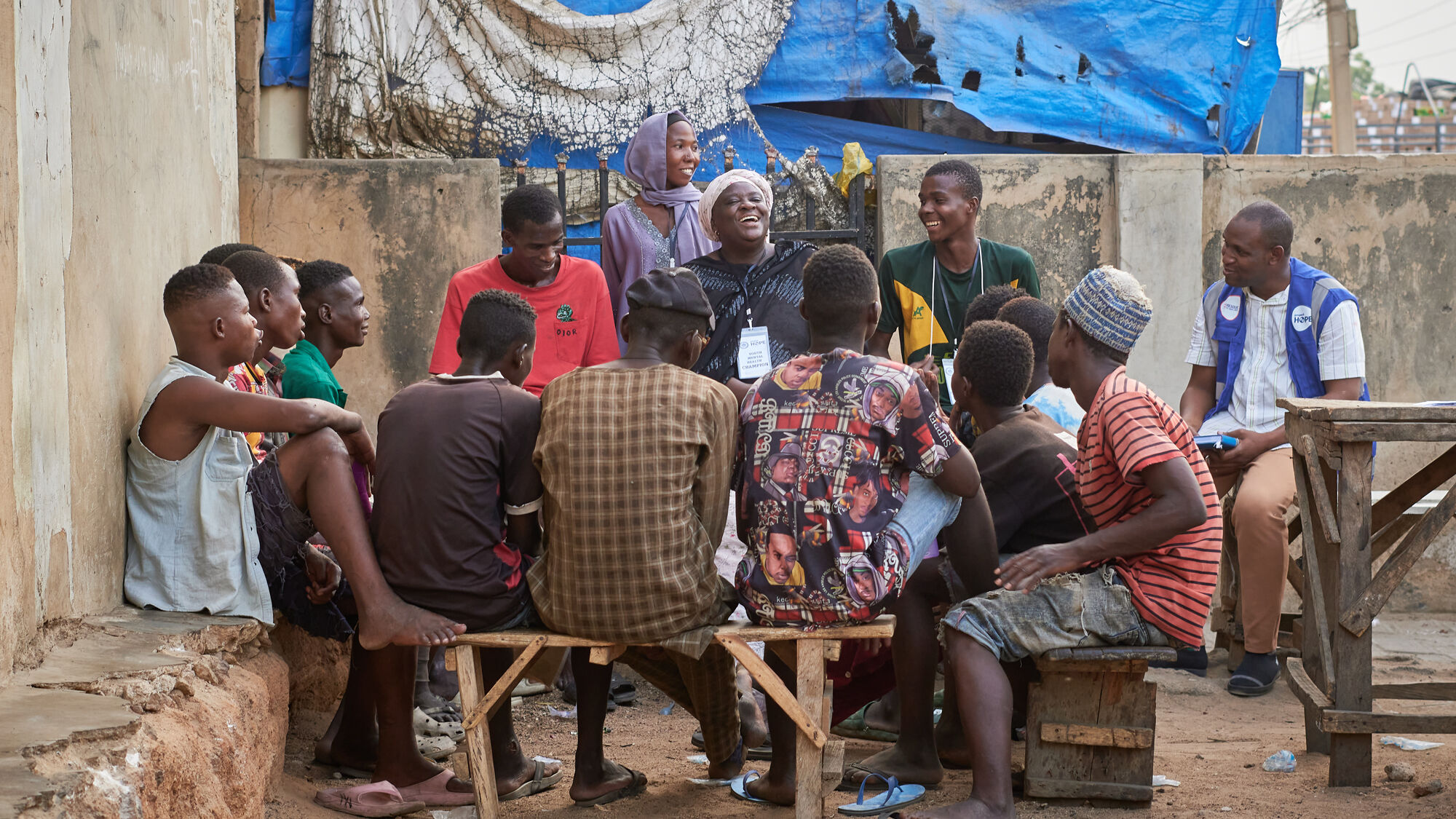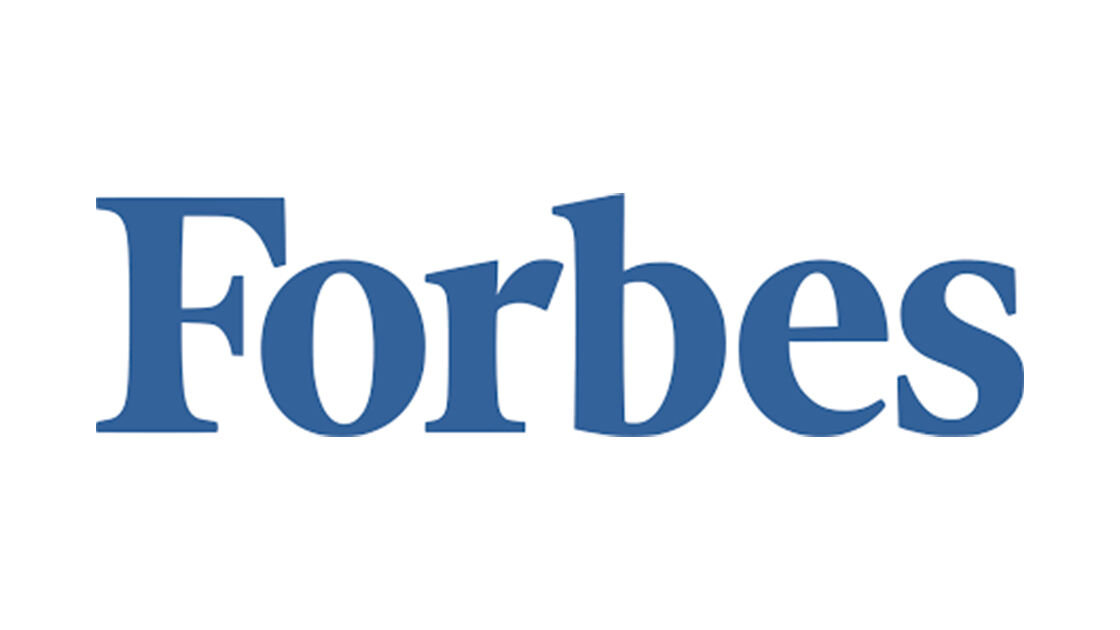

Nigeria
Addressing the health challenges of HIV/AIDS, expanding access to maternal and mental health services, and strengthening the local health system
The Context
Nigeria is home to an urgent health and humanitarian crisis: nearly 8 million people are in need of urgent humanitarian assistance, 80% of whom are women and children. It has the second highest infant mortality rate and the fourth highest maternal mortality rate in the world. Poverty is widespread and 26.5 million people are projected to face acute hunger in 2024. Nigeria has also experienced over a decade of armed conflict, which has resulted in around 3 million internally displaced people (IDPs). Health needs are widespread, with the most serious health threats including food insecurity and infectious diseases such as malaria and HIV/AIDS, but the country’s health system suffers from poor infrastructure and a health worker shortage.
Our Impact
Supporting Orphans and Vulnerable Children
Project HOPE helps local organizations and state governments plan for, finance, deliver, and monitor services to protect and care for orphans and vulnerable children (OVC) impacted by HIV/AIDS. We assist local and state governments with healthcare data management and train health workers. This includes critical work around maternal, newborn, and child health. Project HOPE also focuses on training health workers, improving data collection, and delivering basic services for impacted communities.
Expanding Reproductive, Maternal, Newborn, and Child Health
Project HOPE’s activities to support children and their families include broader support for child, maternal, and newborn health. By ensuring that households are economically stable and have access to adequate nutrition, we build the resilience of families by increasing access to health services, education, psychosocial support, and legal protection. Our Group Antenatal Care (G-ANC) project brought groups of women together for antenatal care sessions to support the uptake and quality of health services.
Mental Health and Resiliency
Project HOPE, through the Center for Disaster Philanthropy and in cooperation with the Africa CDC, has implemented a mental health and resilience training for health care workers to increase their knowledge and access to tools and techniques to maintain their well-being and resilience.
Hypertension Control
Project HOPE is implementing phase two of the Nigeria Hypertension Control Initiative with the goal of reducing morbidity and mortality from cardiovascular disease through strengthening hypertension control at the primary healthcare level.
Our History in Nigeria
Project HOPE has been working in Nigeria since 2012 with a focus on HIV; maternal, newborn, and child health; mental health; and health system strengthening.
In 2014, during the Ebola crisis, Project HOPE collaborated with several other organizations to improve infection prevention and support local health facilities.
In 2017, Project HOPE deployed a team of health and nutrition experts to assess the humanitarian and health needs of internally displaced families in northeast Nigeria.



